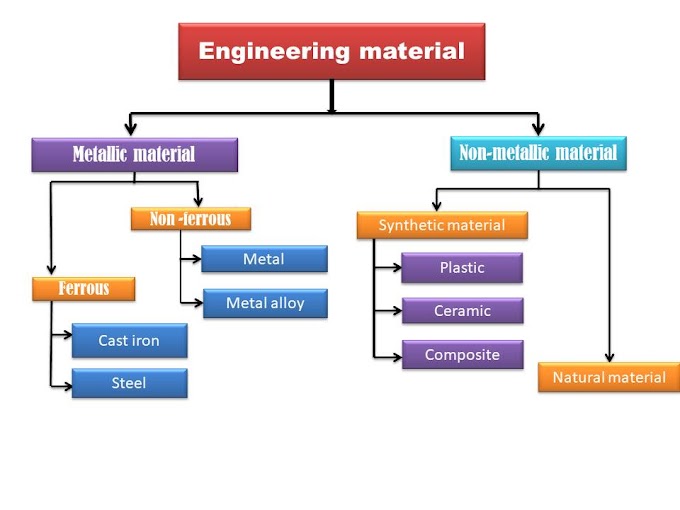The evolution of technology has transformed human civilization in unprecedented ways. It has revolutionized the way we communicate, acquire knowledge, conduct business, and interact with the world around us. In this blog post, we will embark on a journey through time, exploring the remarkable milestones that have shaped the history of technology. From the groundbreaking invention of the printing press to the transformative power of the internet, each advancement has left an indelible mark on our society.
1.
The Printing Press:
Igniting the Information Revolution
The 15th-century invention of the
printing press by Johannes Gutenberg was a monumental leap forward in human
history. Prior to this revolutionary development, the process of creating books
and disseminating information was arduous and time-consuming. Gutenberg's
movable type printing press, with its standardized typefaces and mechanical
efficiency, paved the way for the mass production of books and the spread of
knowledge like never before. This innovation ignited the Information
Revolution, enabling the democratization of information and the preservation of
ideas.
2.
The Telegraph and
Telephone: Shrinking the World
The 19th-century witnessed the advent of
the telegraph, a significant milestone in long-distance communication. The
telegraph utilized electrical signals to transmit coded messages over long
distances, revolutionizing the speed and reach of communication. It brought
people closer together, connected distant lands, and facilitated the rapid exchange
of information. Later, the invention of the telephone by Alexander Graham Bell
in 1876 further transformed communication by enabling direct person-to-person
conversations across vast distances.
3.
The Rise of Radio and
Television: Broadcasting to the Masses
The early 20th century witnessed the
rise of radio and television, introducing new dimensions to mass communication.
Radio broadcasting became a popular medium for news, entertainment, and
cultural dissemination. People could now listen to live events, news bulletins,
and music in the comfort of their homes. Television, which gained popularity in
the mid-20th century, added a visual component to broadcasting, revolutionizing
the way people consumed information and entertainment. It brought the world into
people's living rooms, transcending geographical barriers.
4.
The Computer Revolution:
Pioneering the Digital Age
The advent of the computer in the
mid-20th century marked a turning point in the history of technology. From
room-sized mainframes to the personal computers that followed, computing power
became increasingly accessible to individuals and organizations. The
development of microprocessors, graphical user interfaces, and the internet
laid the foundation for the Digital Age. Computers transformed industries,
accelerated scientific research, and facilitated the automation of processes,
profoundly impacting various sectors of society.
5.
The Internet: The Global
Network
The internet, a revolutionary invention
that emerged in the late 20th century, has become an indispensable part of our
lives. It connected the world like never before, enabling the rapid exchange of
information, communication, and commerce on a global scale. The internet
revolutionized industries such as media, commerce, education, and entertainment.
With the advent of the World Wide Web, introduced by Sir Tim Berners-Lee in
1989, accessing information became effortless, unleashing the power of
knowledge at our fingertips.
Conclusion:
The history of technology is a testament
to human innovation and the constant quest for progress. From the invention of
the printing press to the rise of the internet, each technological advancement
has reshaped the way we live, work, and interact. These transformative
milestones have not only made the world a smaller place but have also empowered
individuals, democratized knowledge, and revolutionized entire industries. As
we continue on this technological journey, it is crucial to embrace the
potential and responsibilities that come with these advancements, ensuring a
future where technology serves the betterment of society.









please do not enter any spam links in the comments box